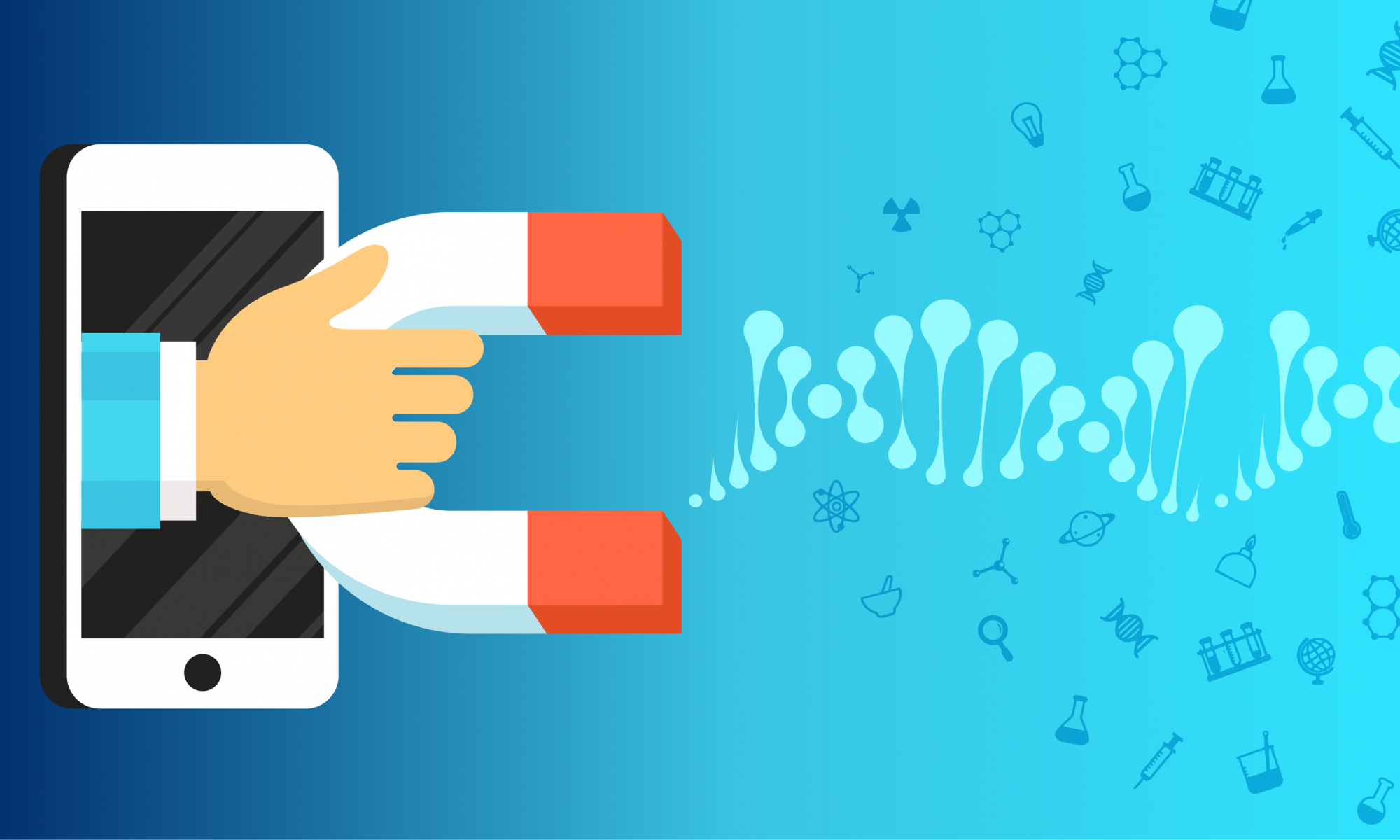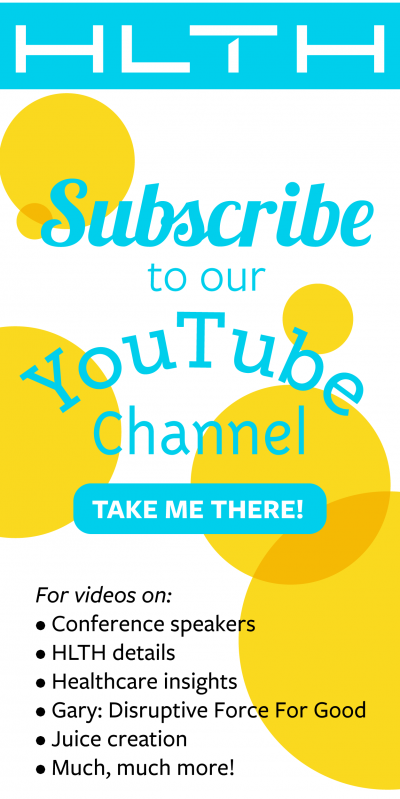Precision health has dramatically shifted care – from general options to treatments tailored to the exact manner, degree, and specificity of an individual’s needs. Understandably, there has been much discussion about this transformation, but most of it focuses on the medical side – genomic sequencing, clinical trials, and personalized cancer treatments. And while these clinical advances have incredible promise, they can’t deliver without an equally transformational effort: precision engagement. Precision health makes treatments as unique as their recipients. Precision engagement should do the same for patient interactions – using individuals’ unique environmental factors, preferences, and habits to drive understanding and adoption of a recommended precision health approach. Only then will the result be precise and economical care. [1]
Precision Health Throughout the Care Continuum
Precision health is often discussed from a provider perspective. We need to flip the conversation and put the patient at the center – to tell the story from an individual’s perspective – if we are going to engage them in a way that motivates them to take action. To do this, we must start at the beginning of the patient’s entry into the system – with his or her health plan.
In precision engagement, individuals are empowered to make good healthcare choices with the support of a health plan designed just for them. This takes into account not only their age, gender, and the average health of all the people employed by their company, but also their health history, family history, location, income, etc. As a result, a health plan member will no longer be just a number, but a person who can get relevant information and care recommendations pushed to them at the right time, in the right way, based on their individual data.
Today, we can gather so much data – it’s literally at our fingertips tracking heart rhythms on our smart phones, and on our wrists tracking sleep, steps, caloric intake, and how long we sit. Cars are tracking traffic patterns, entertainment preferences, and typical routes; and home devices are tracking preferred temperatures, individuals’ patterns of getting up at night, and appliance usage. The acquisition and utilization of this type of valuable personal information can enable physicians to deliver on the promise of precision medicine – without long and costly hospital stays.
In personalized engagement, everyday data can inform the care approach recommended at any given time. For example:
- On the way home from work, individuals can receive alerts on their phones that salmon is on sale at the grocery store because they set a goal in a medical app to reduce red meat intake.
- Notifications can remind individuals when it’s time to go to sleep or prompt them to move from a sitting to standing position at work.
- Individuals can see which providers in their network, based on their unique preferences, can help them achieve the best outcomes at the lowest cost.
While these examples support preventive health, there are potential medical interventions, too. For example, if a wearable detects something is off, a DNA kit requesting saliva is mailed to the individual’s house along with a peripheral that plugs into a phone and automatically feeds data into his or her personal medical record. After analysis, if an issue is discovered, a physician reaches out virtually or visits his or her home. A pharmaceutical company then develops a tailored medication – one that is effective the first time, eliminating side effects and saving time and money on costly tests and trials. Once the patient receives the personalized medication, his or her smart watch displays dose notifications – and if the individual meets a friend for drinks and dinner after work, it even knows to remind the wearer to take the medication once he or she arrives home.
While the data of everyday patterns may seem insignificant, it could be quite impactful to patients’ health by engaging with them in a way that changes their behaviors for healthier outcomes. Precision engagement is the norm in many other areas of their lives, and they have grown accustomed to companies meeting their exact needs. If they expect that level of precision about movie recommendations, grocery store coupons, or traffic routes, why wouldn’t they expect even more when it comes to health?
There is no denying that the advances in precision health are incredible. The fact that a person can have his or her genome mapped in a matter of days for about $1,000 is astounding. The healthcare industry needs to keep pushing for these innovations. Yet, we can’t stop there. Precision health won’t mean anything if individuals don’t act – if they aren’t engaged in their health. And the best way to do that is to make engagement easy for them and tailored to fit their individual needs and preferences.
Be sure to check out our other healthcare blogs leading up to HLTH 2018 on May 6-9th at the Aria Resort and Casino in Las Vegas. Latest blogs include:
Innovative Transformation in U.S. Healthcare
Don’t forget to Register for HLTH
[1] https://www.wsj.com/articles/the-smart-medicine-solution-to-the-health-care-crisis-1499443449

